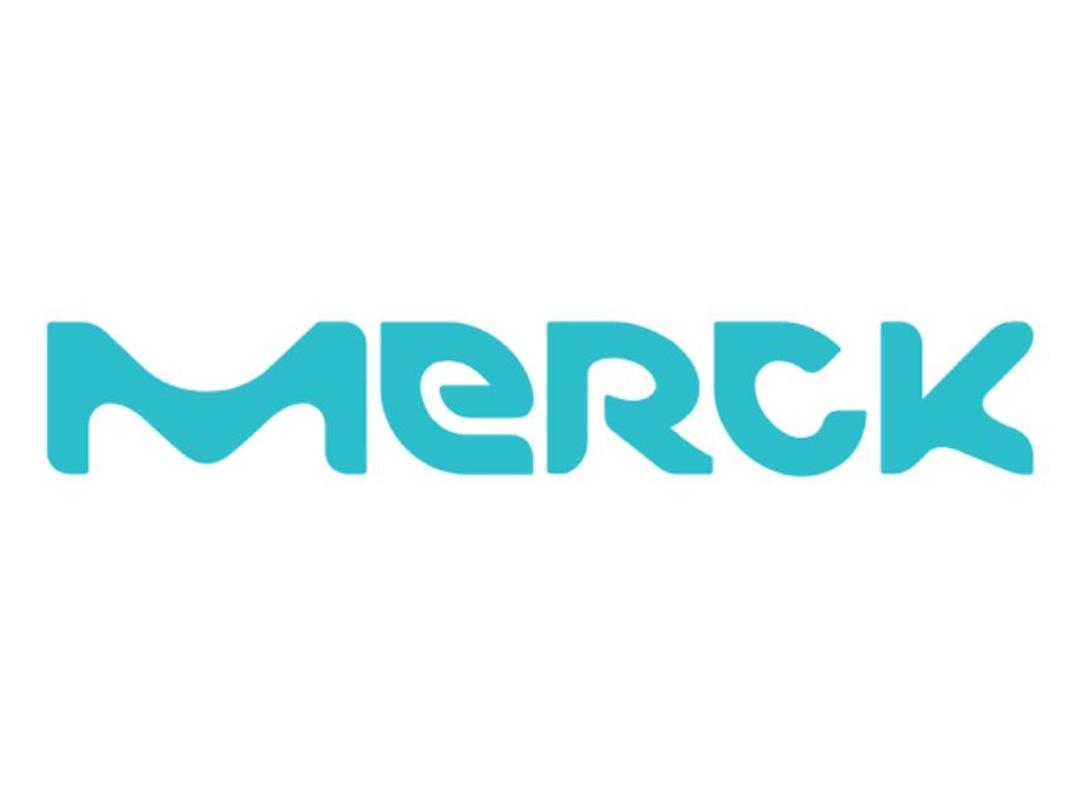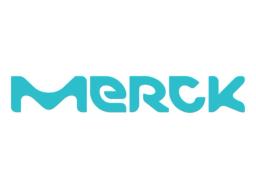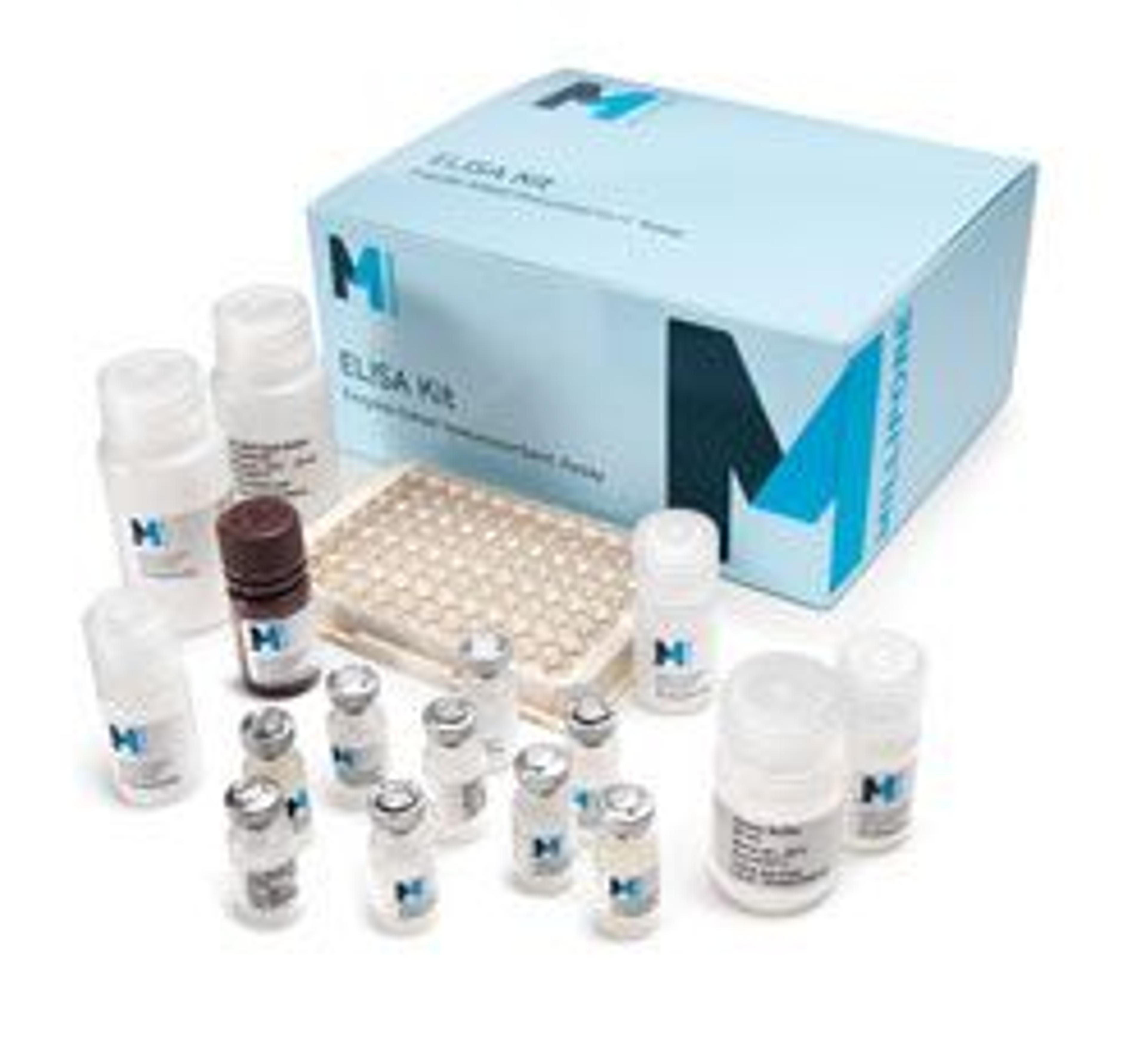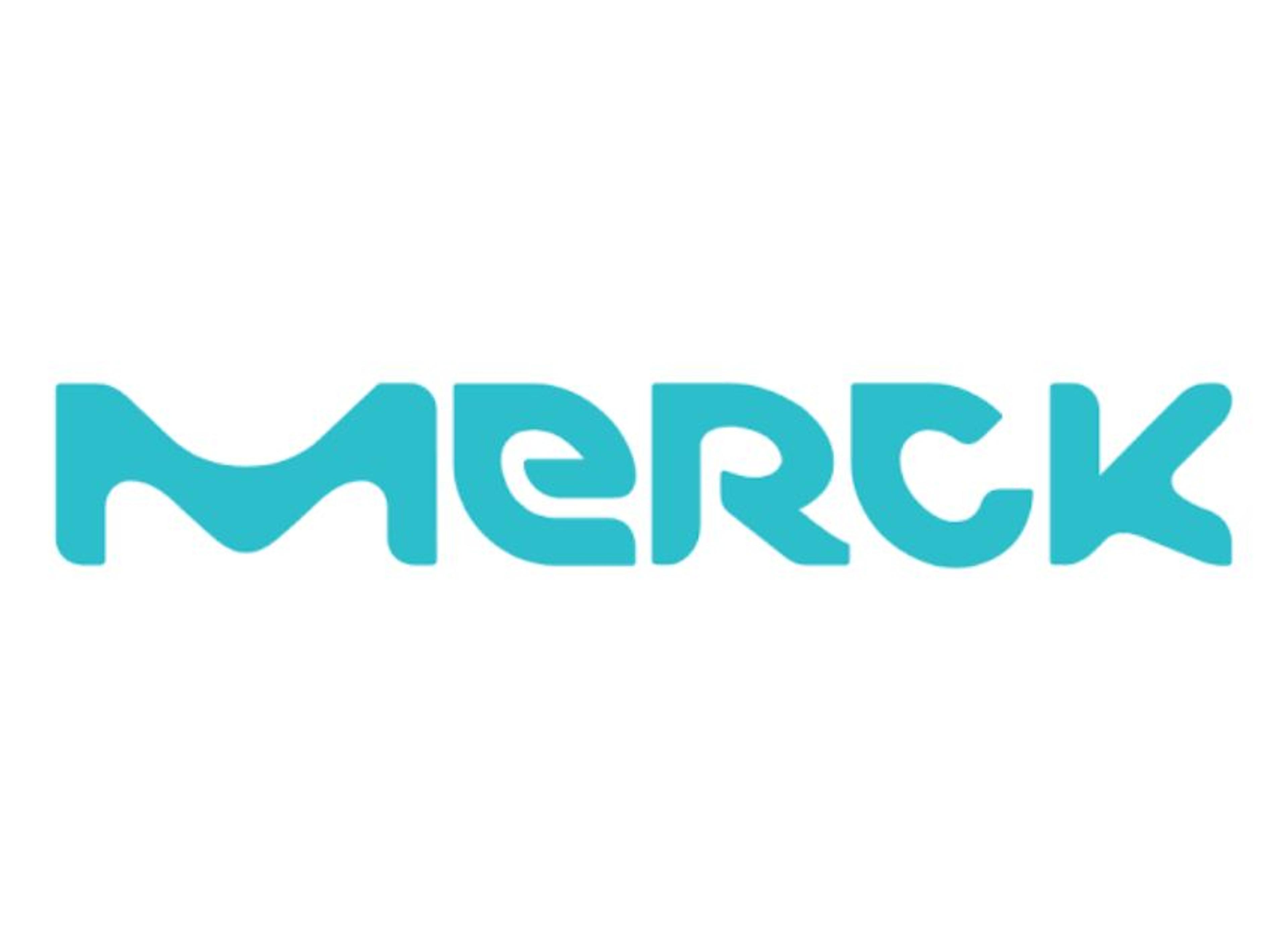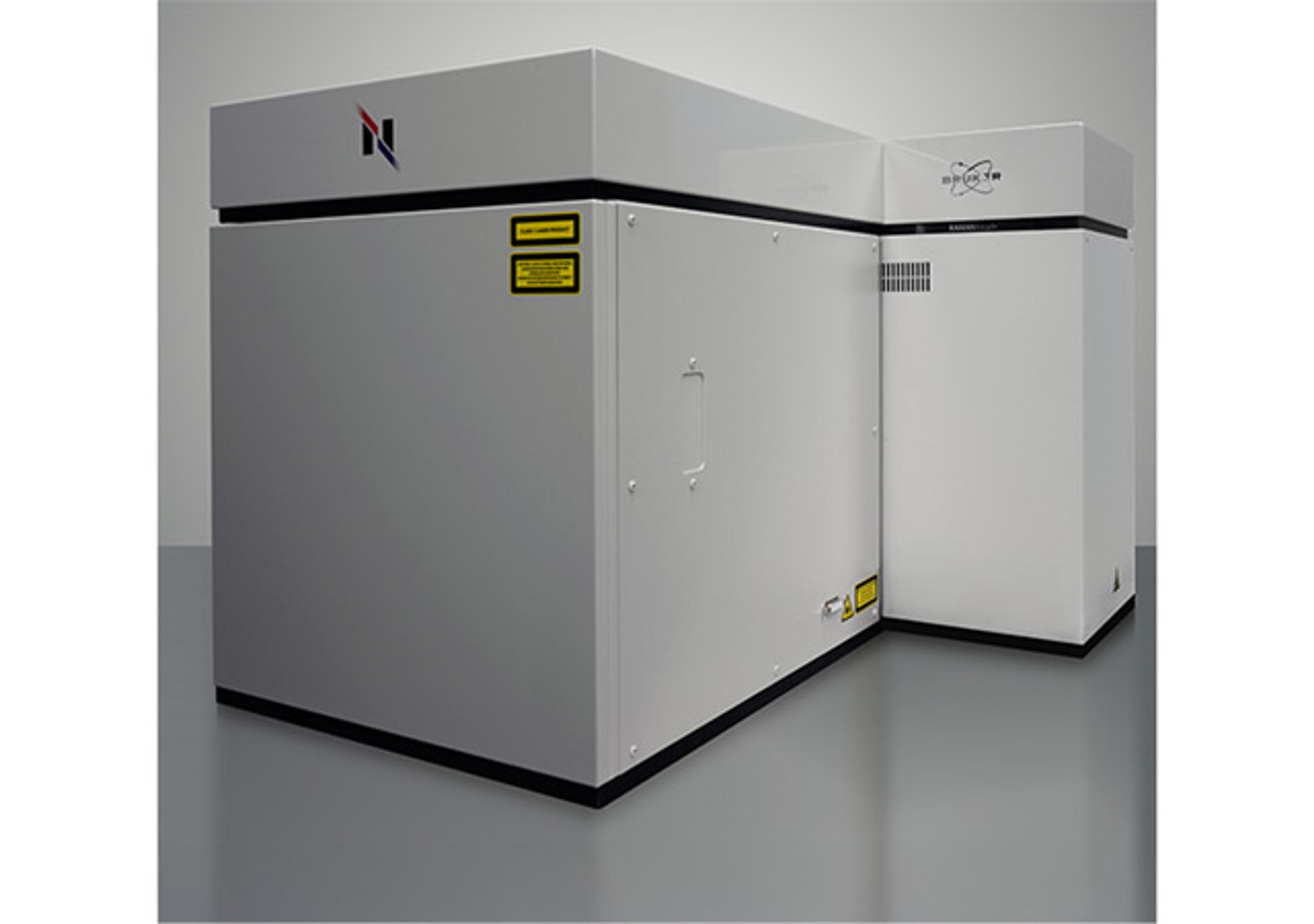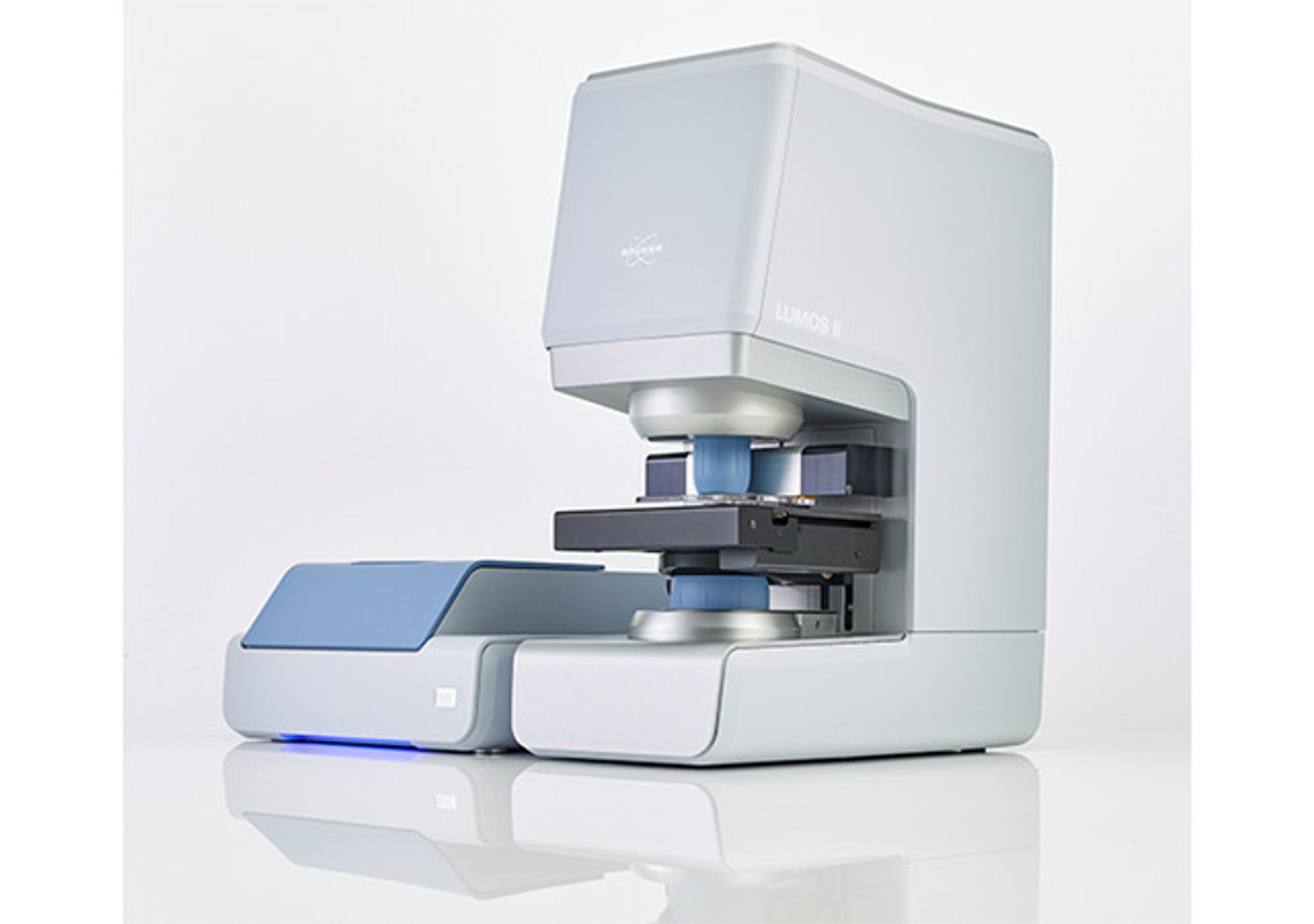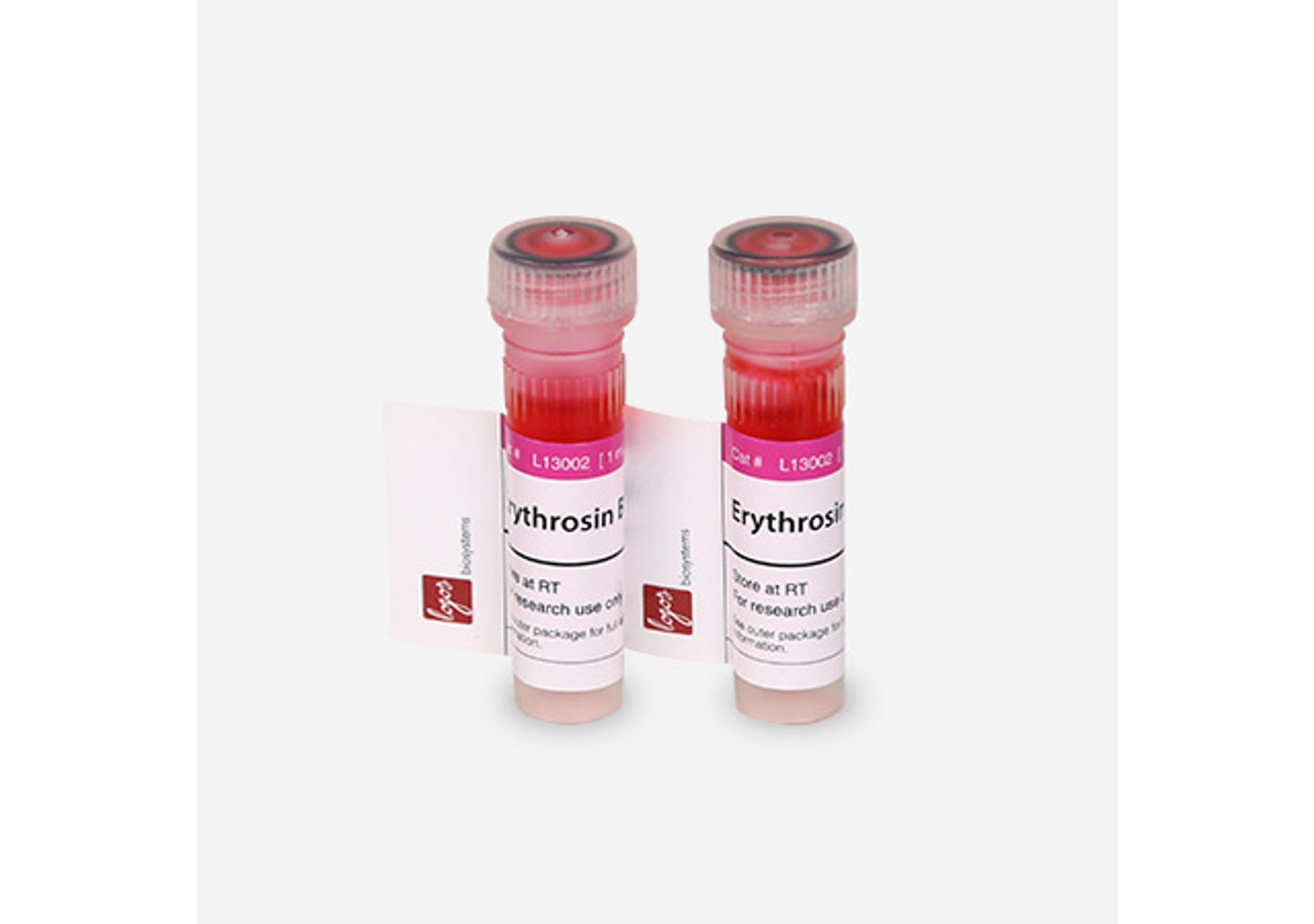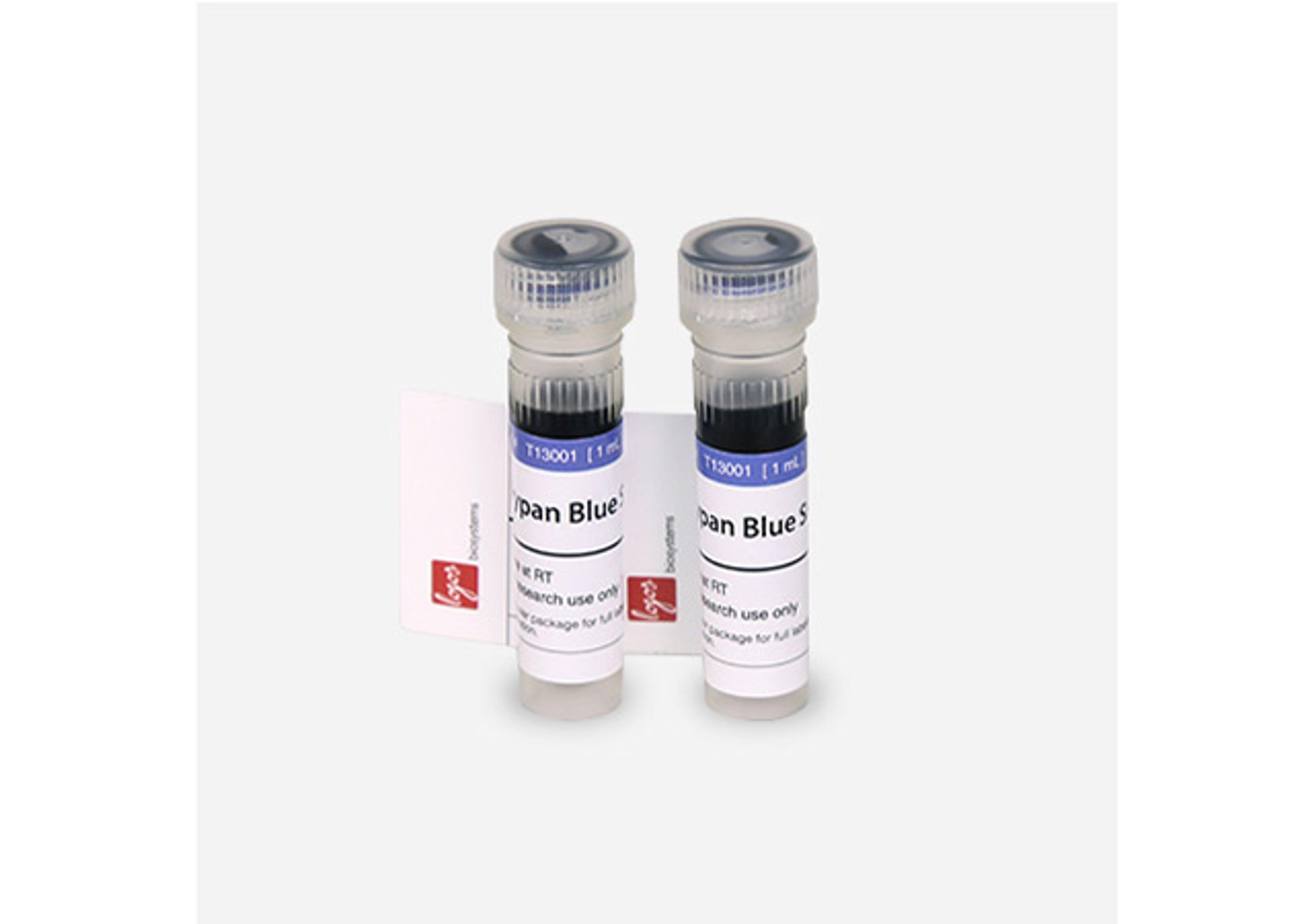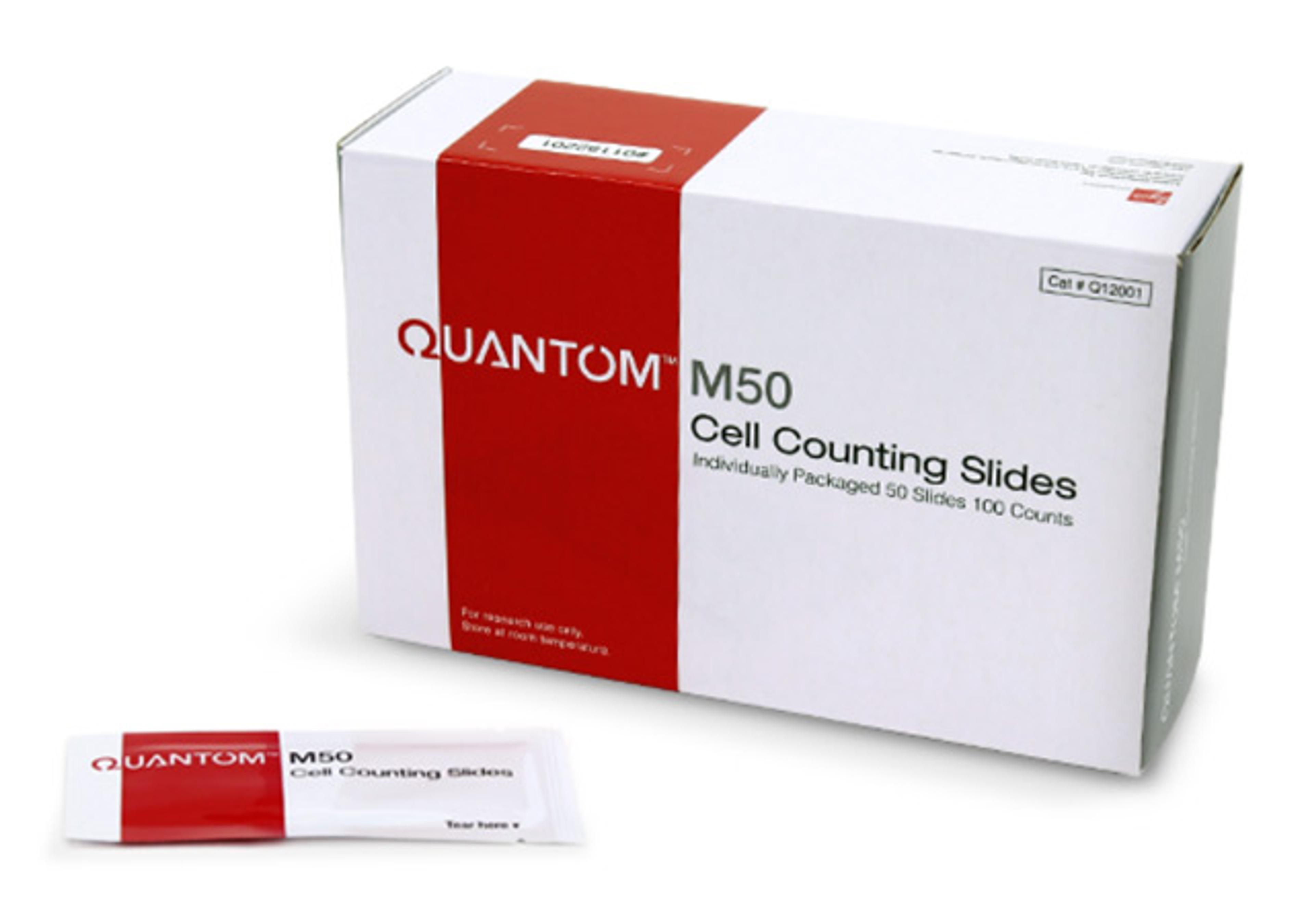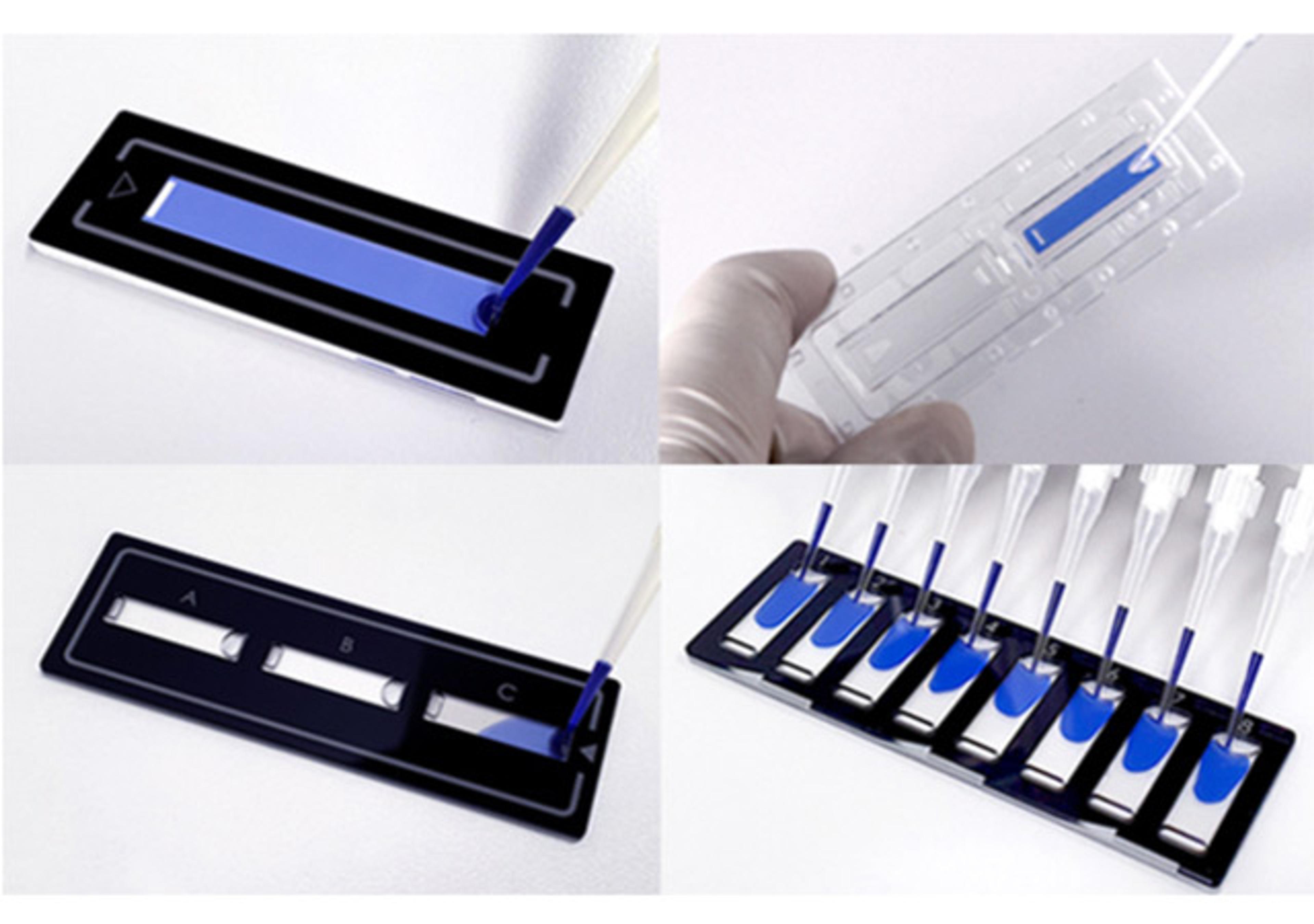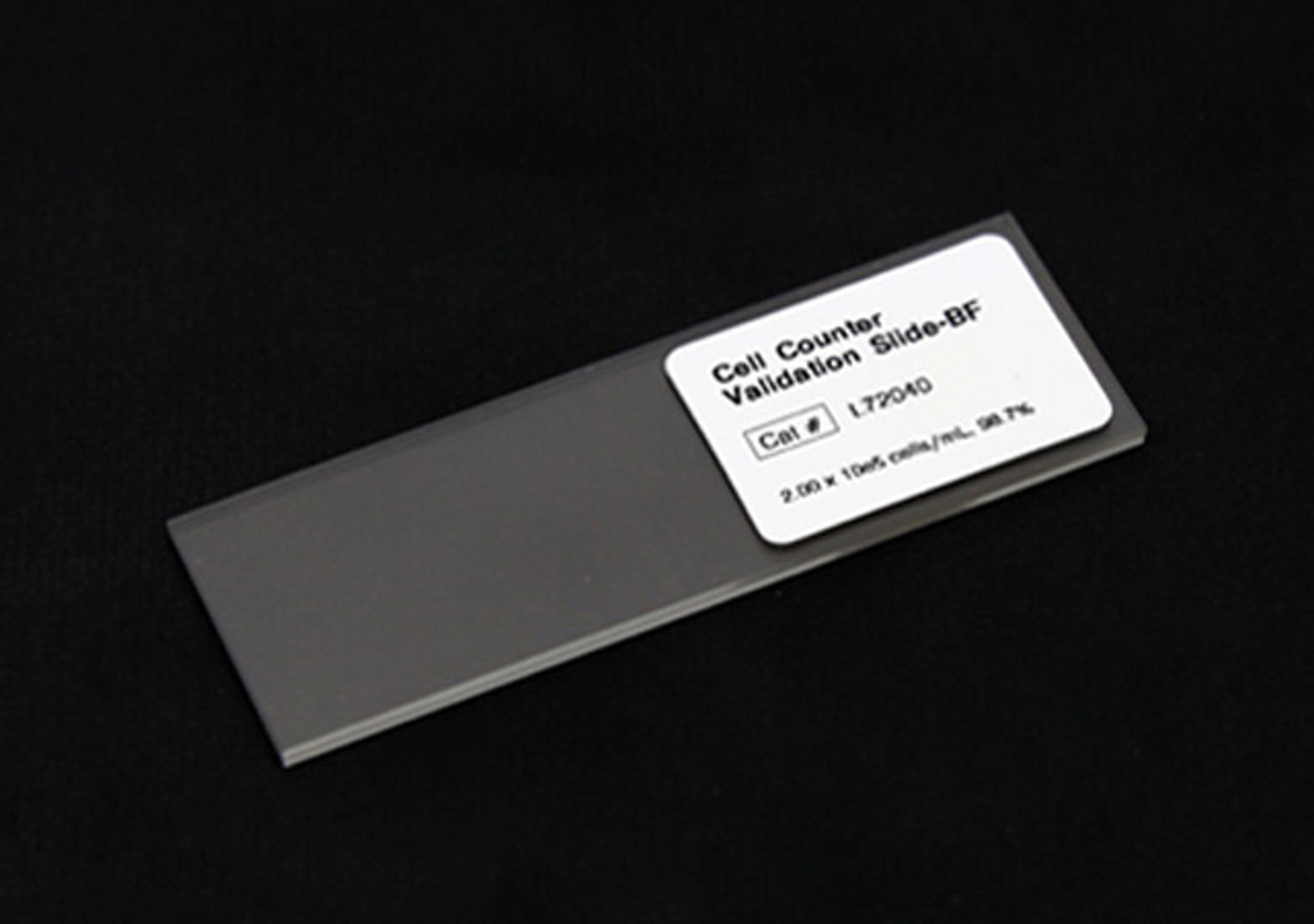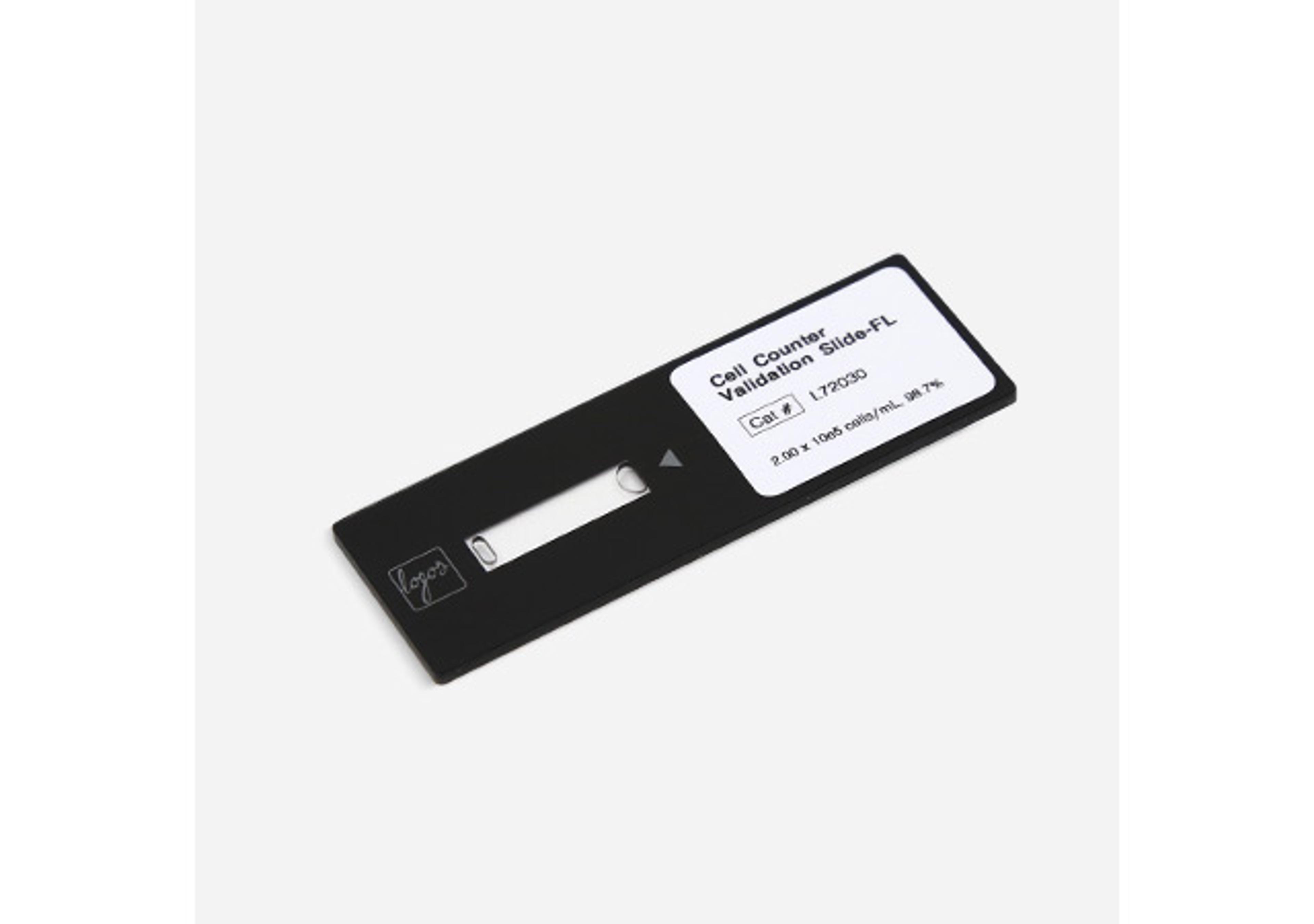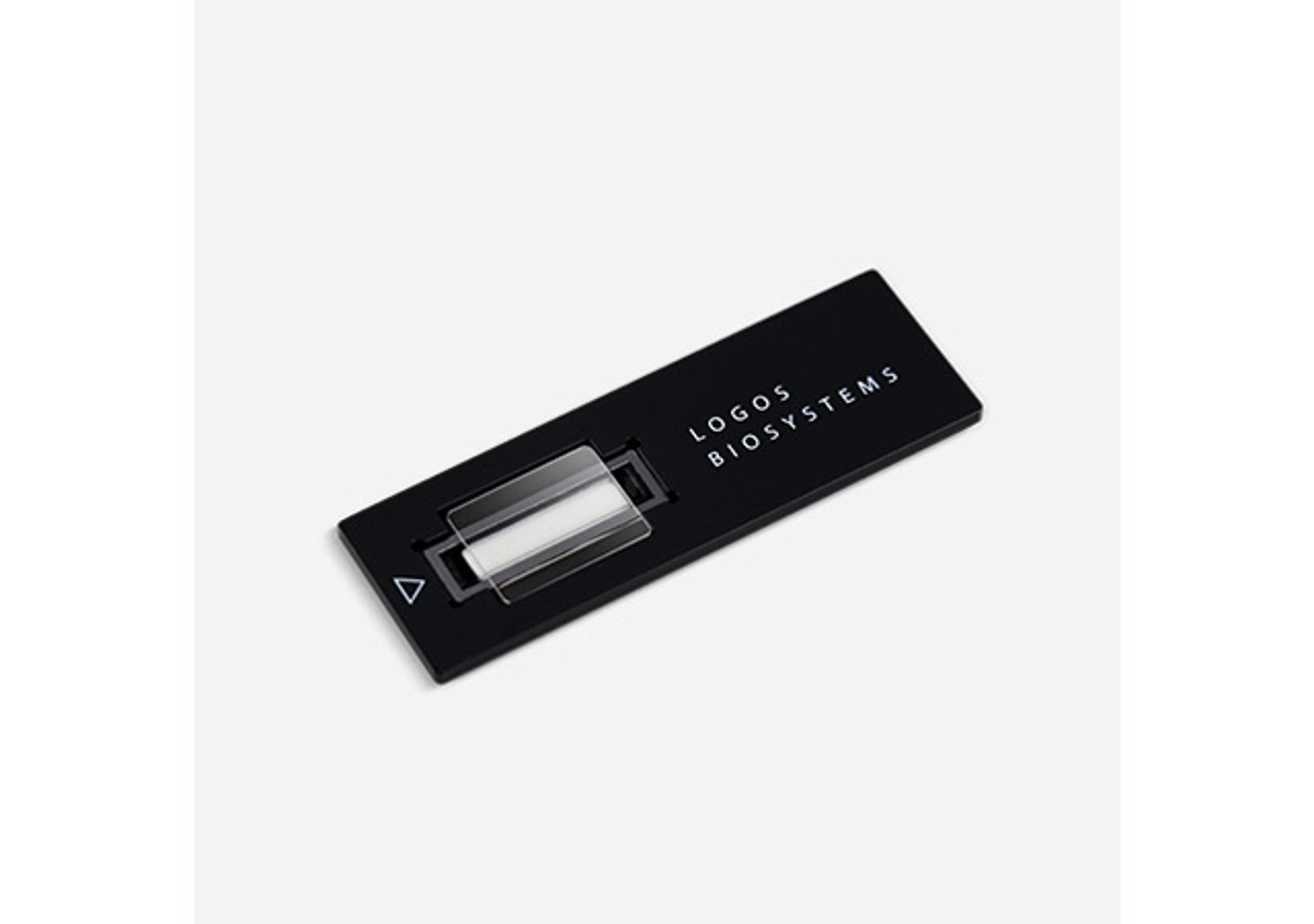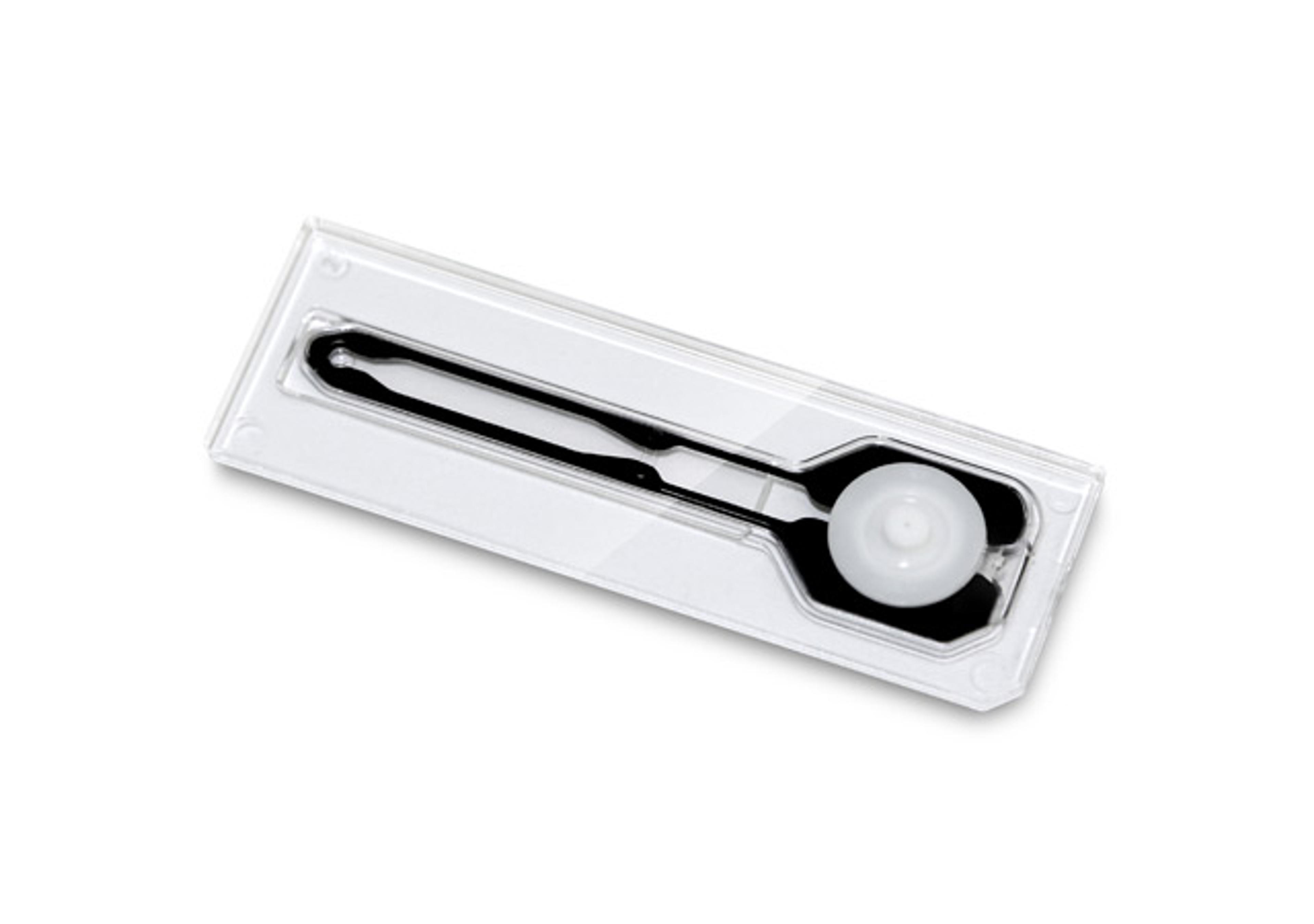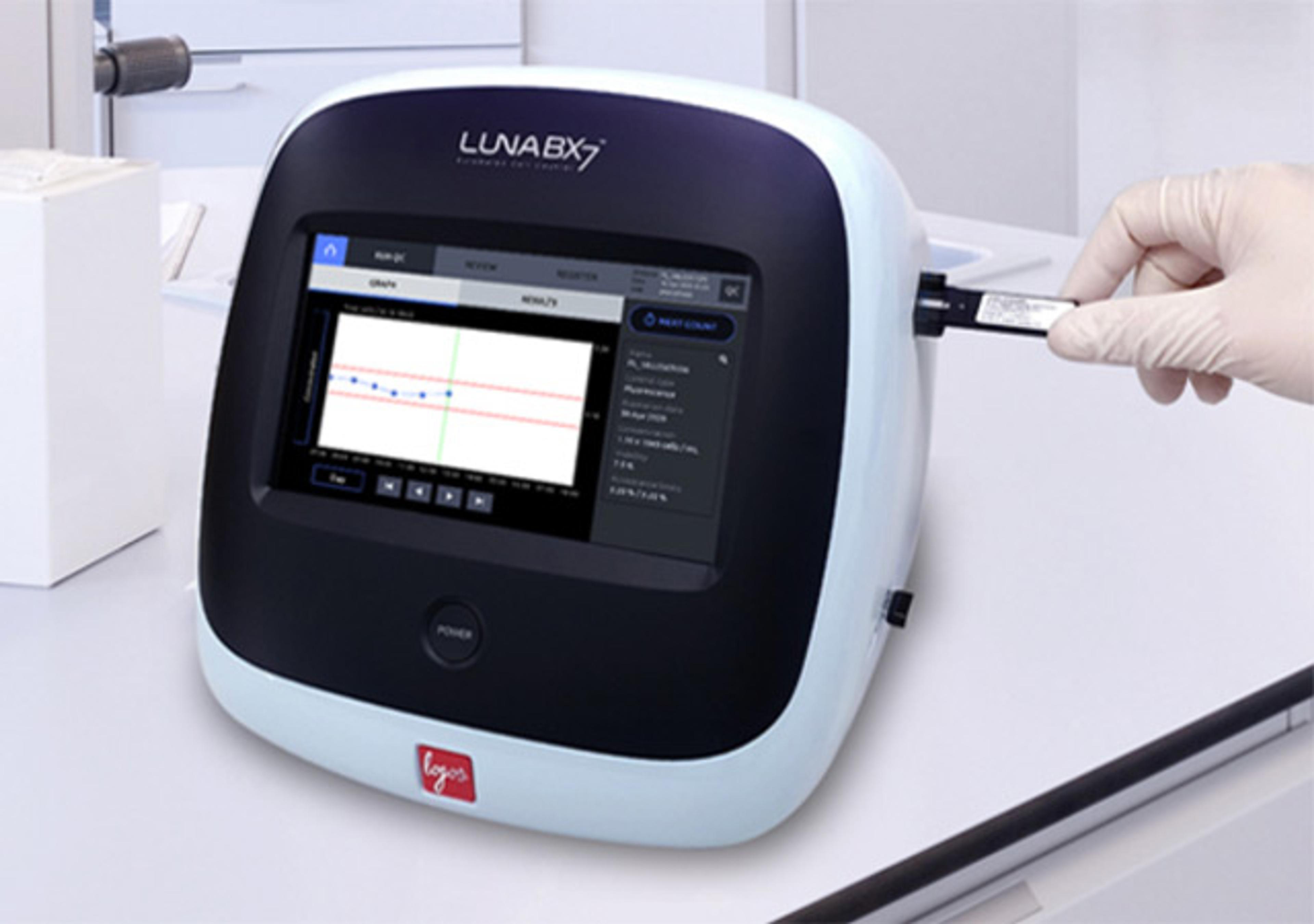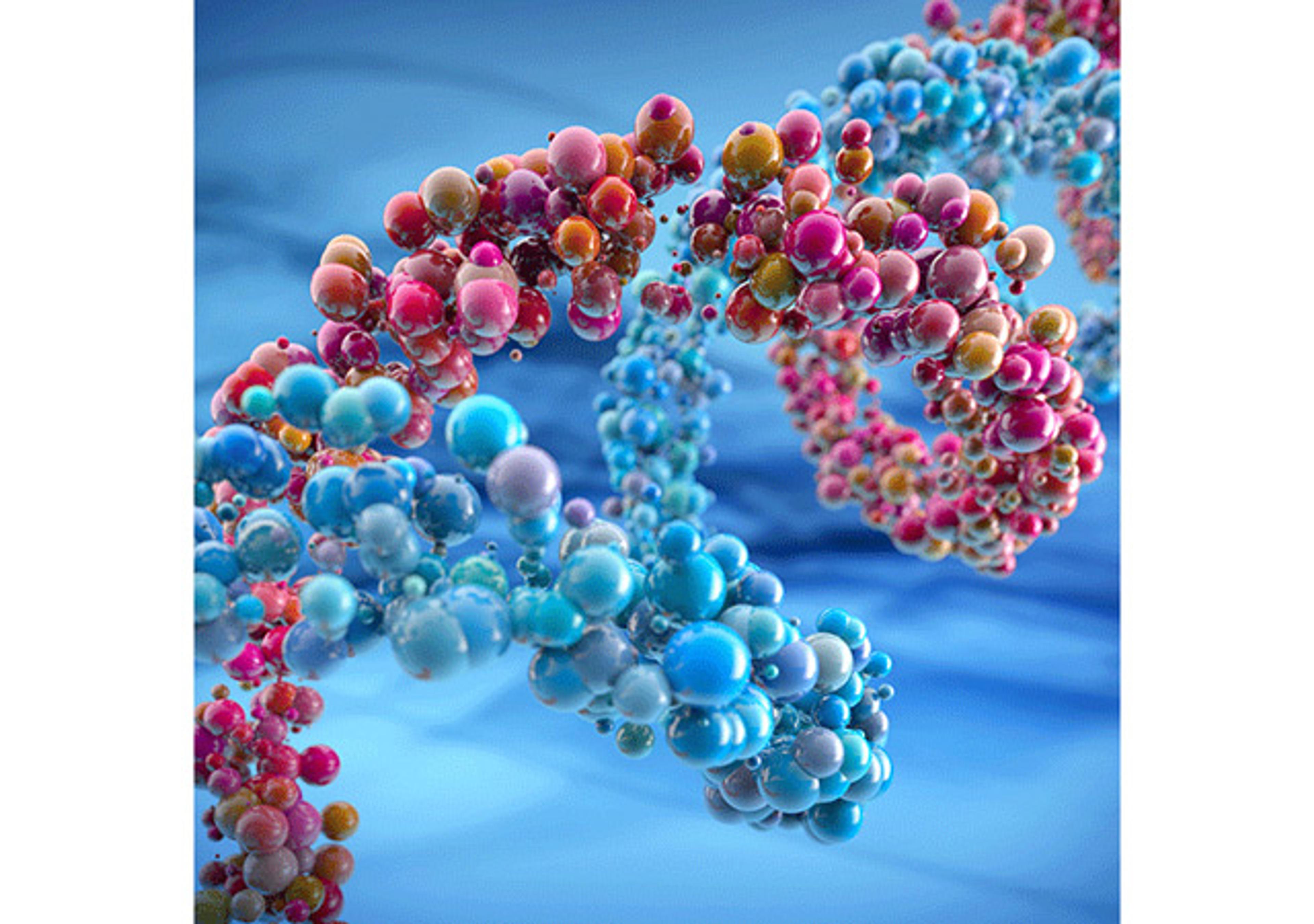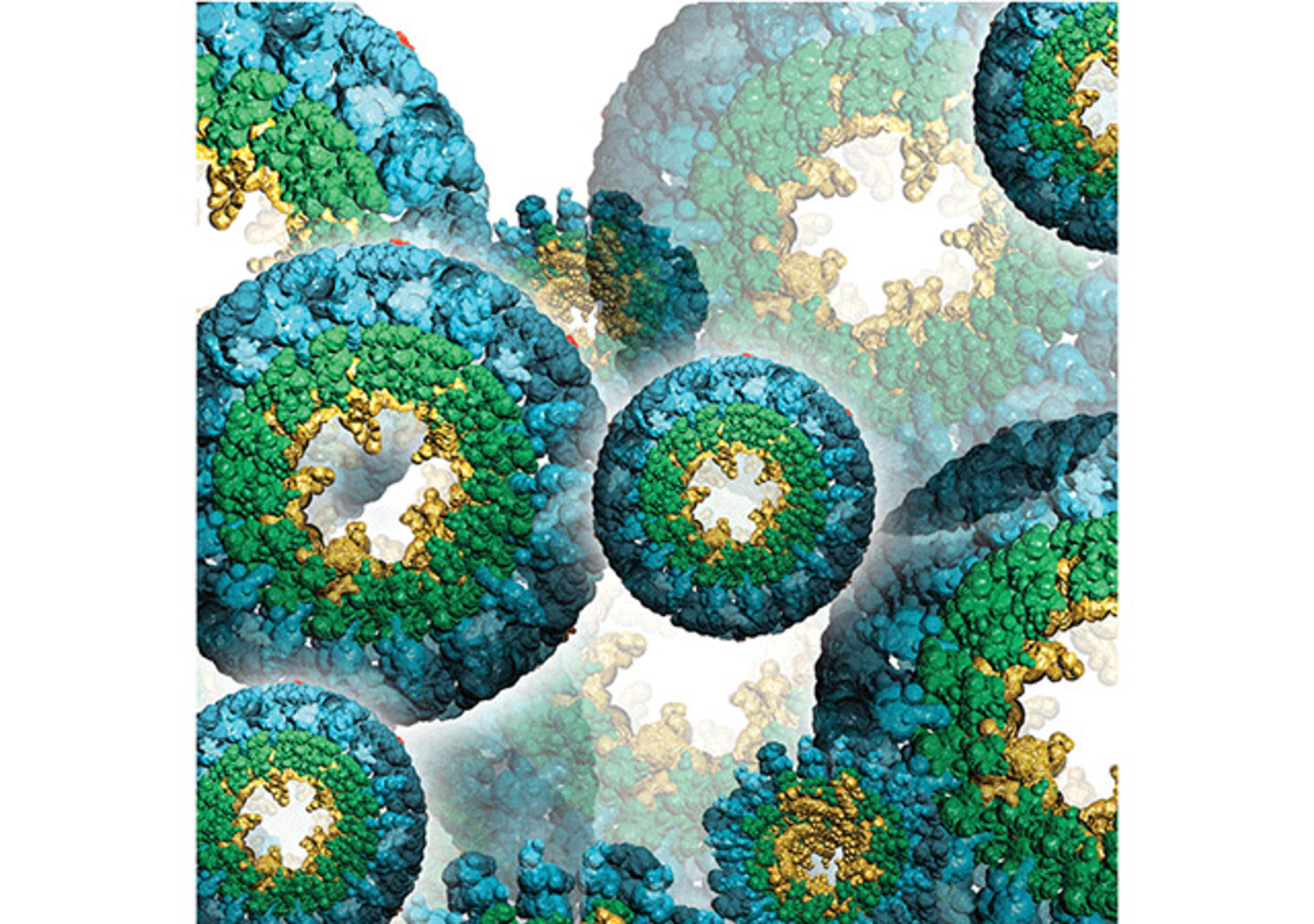ToxReporter XRE Cell Line
Cell Line Description: The ToxReporter XRE Cell Line contains a reporter gene under transcriptional control of the Xenobiotic Response Element (XRE) promoter. This reporter construct is stably integrated into the MCF-7 cell line. The induction of a toxic response through the XRE pathway results in the secretion of a reporter (ToxReporter) protein into the cell culture media. The secreted ToxReporter protein in the media can th…

The supplier does not provide quotations for this product through SelectScience. You can search for similar products in our Product Directory.
Cell Line Description:
The ToxReporter XRE Cell Line contains a reporter gene under transcriptional control of the Xenobiotic Response Element (XRE) promoter. This reporter construct is stably integrated into the MCF-7 cell line. The induction of a toxic response through the XRE pathway results in the secretion of a reporter (ToxReporter) protein into the cell culture media. The secreted ToxReporter protein in the media can then be quantified using the ToxReporter ELISA kit. This cell line has been optimized for assay performance including plate seeding number, stimuli concentration for optimal response and stimulation time. Validations for assay performance include EC50 and Z’.
Pathway Description:
Virtually all toxic responses are preceded by the transcriptional activation of stress response pathways and many therapeutic responses involve downstream transcriptional events. The promoters of genes activated in this manner therefore have the potential to be used to provide early markers of response. The ToxReporter cell lines were stably transfected with a series of promoters that are used to drive reporters which are easily detectable in tissue culture medium. As a consequence, the ToxReporter cell lines allow the detection of early biomarkers of toxicity. In the XRE ToxReporter engineered cell line, stress response induced by toxic agents leads to activation of the aryl hydrocarbon receptor (AH) which then binds and activates the XRE promoter.

